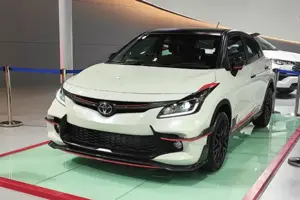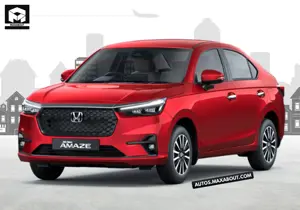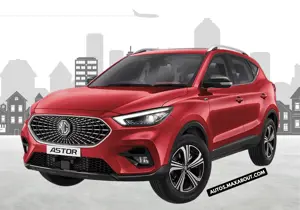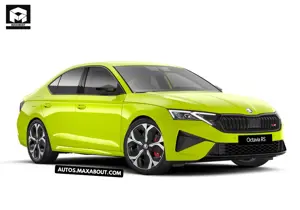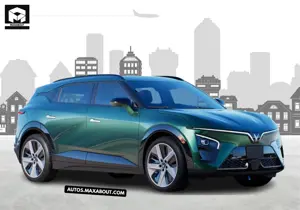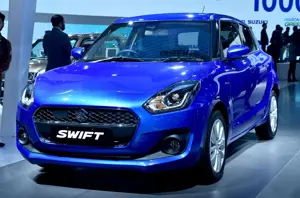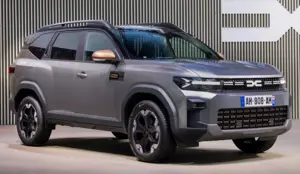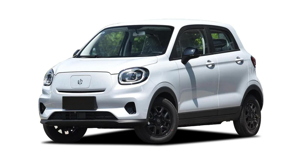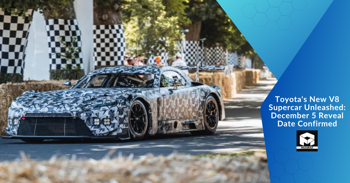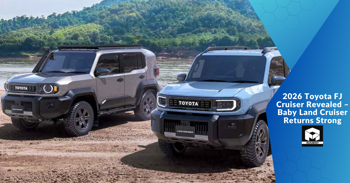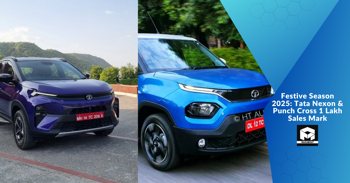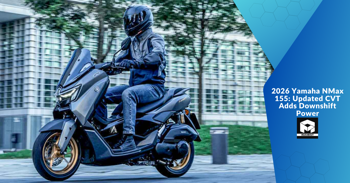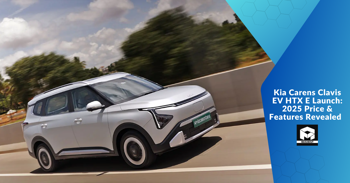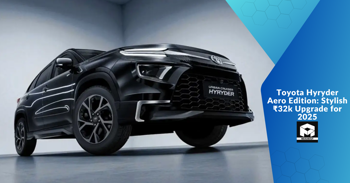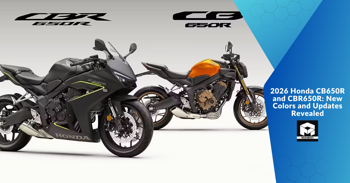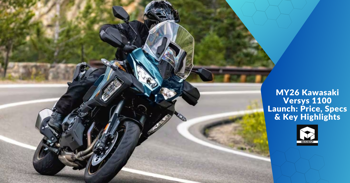Is the Supro's no frills design a positive or negative for commercial users?
The Mahindra Supro has always been known for its utilitarian, no frills design that focuses on form over function. The end result is a simple, but potentially more durable and easier to maintain vehicle. But it also means the Supro comes without many of the comfort features and modern amenities that you’d expect to find in a more premium commercial vehicle. This question looks at whether this no frills approach is really an advantage for commercial users who value practicality and cost effectiveness, or whether it is a disadvantage in a market where driver comfort and vehicle features matter more. It also discusses how the Supro's design philosophy fits with the requirements of different types of businesses, from last mile delivery services to small transportation companies, and whether its simplicity makes it more or less competitive in different commercial applications.
The no frills design is certainly a plus for commercial users. Less downtime and lower maintenance costs because there’s less stuff to break.
Most Popular Cars
Based on Cars Popular on Maxabout
Toyota Glanza Sport
₹ 9,00,000
1267 Views
Honda Amaze ZX CVT
₹ 11,19,900
1023 Views
MG Astor Select CVT
₹ 13,98,000
870 Views Recently Added Cars
New Cars Added On Maxabout
Skoda Octavia RS
₹ 49,99,000
179 Views
VinFast VF7 Sky Infinity
₹ 25,49,000
618 Views
VinFast VF7 Sky
₹ 24,99,000
571 Views Upcoming Cars
Exciting Upcoming Cars
Maruti Swift Hybrid
₹ 10,00,000
1754 Views
Renault Boreal Bigster SUV
₹ 13,00,000
1876 Views
Leapmotor T03
₹ 8,00,000
1337 Views Discussions and Questions Is The Supros No Frills Design A Positive Or Negative For Commercial Users
No answers found .
Latest News
Recently Added News
Toyota's New V8 Supercar Unleashed: December 5 Reveal Date Confirmed
Wednesday, 22 October 2025 21:43 PM
2026 Toyota FJ Cruiser Revealed – Baby Land Cruiser Returns Strong
Wednesday, 22 October 2025 20:19 PM
Kia Carens Clavis EV HTX E Launch: 2025 Price & Features Revealed
Saturday, 18 October 2025 14:09 PM
